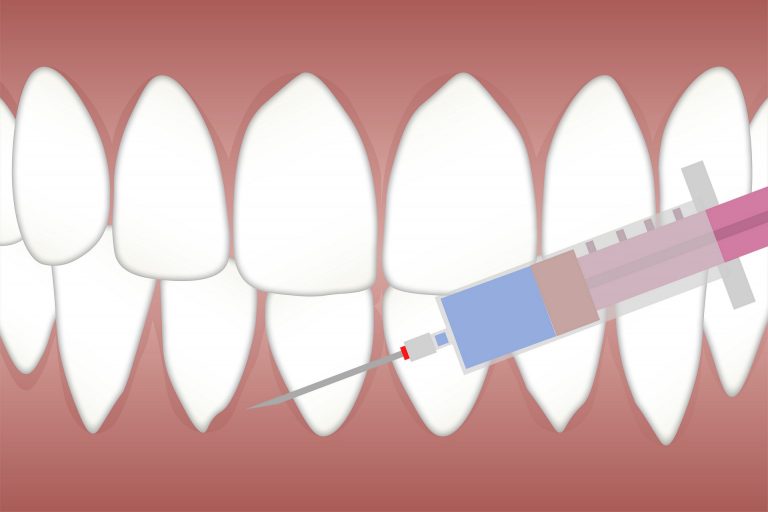Inflammation within the oral mucosa is a very painful problem that makes basic actions eating and drinking very difficult. Then we are looking for a preparation that will alleviate discomfort and reduce that inflammation. It is then worth reaching for herbs that alleviate these ailments. Which of them work best? Here are our recommendations.
Oral inflammation
For some, inflammation of the mucosa occurs more often. We are talking about people during puberty, menopause or pregnancy periods. External factors, such as mechanical, physical or thermal injuries also favour the formation of oral lesions, which often spread to larger areas due to secondary bacterial, viral or fungal infection.
The lesions can be localized or cover almost the entire area of the mouth. The resulting bruises are in the form of vesicles, redness, erosions or ulcers. When there is a yellowish tinge around the lesion, we talk about oral thrush - they are similar to aphtha, i.e. small defects in the mucosa, but they are not so painful. The characteristic symptoms of inflammation in the mouth are pain, itching, spontaneous burning (or in the response to warm or acidic foods and drinks) and a decrease in salivation, causing drying of the mucous membranes.
The accompanying symptoms are surely very unpleasant, because they cause great discomfort and make eating, drinking and even speaking much more difficult. No wonder that we are then looking for a preparation that will quickly bring relief. It is best to reach for a dental gel based on herbal ingredients. So what herbs are helpful in inflammation of the mouth?
Sage
Tannins, carnosol and essential oil are highly bactericidal and fungicidal. That is why sage is so effective in all kinds of infections in the oral cavity.
Pedunculate oak
Oak bark extract is rich in tannins, i.e. astringent, antiseptic compounds, but also important in the case of virostatic infections in the oral cavity. Tannins also have a beneficial effect on the walls of blood vessels, sealing them more tightly and in result stopping minor bleeding. Also, their activity against Staphylococci type of bacteria is sometimes even stronger than when using antibiotics.
Marigold
The most of medicinal compounds of this plant contain its flowers. They contain both saponins and organic acids, bitterness, polysaccharides, coumarins and triterpene alcohols. Thanks to this, calendula is very widely used in both medicine and cosmetics. It has strong bactericidal and fungicidal properties and they are used in inflammation within the oral mucosa.
Chamomile
When it comes to inflammation of the mouth, highly valuable compound, belonging to the group of essential oils, is isolated from the chamomile - beta-bisabolol. It has antibacterial and anti-inflammatory effects on mucous membranes. In addition, chamomile extract accelerates wound healing and gives a painkilling effect.






